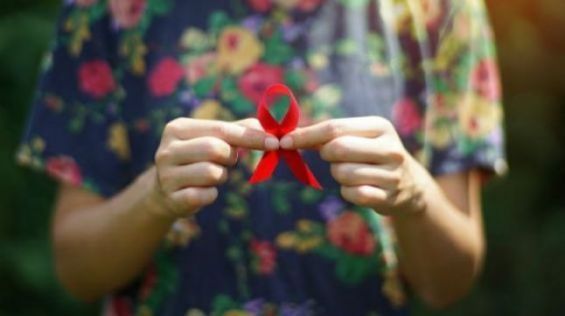As Morocco is battling the novel coronavirus, people living with HIV are asking whether they may face increased issues due to the pandemic. During the lockdown and the global situation that came with the spread of Covid-19, are HIV-positive people at an increased risk due to the virus and what should they do to protect themselves during these difficult times?
With the start of the pandemic, the Joint United Nations Programme on HIV and AIDS (UNAIDS) has issued a set of guidelines for HIV-positive people and Covid-19, Kamal Alami, head of the body’s Morocco office said.
Alami explained that it «has not been proven yet that people living with HIV are at a higher risk when contracting Covid-19», adding that, however, «HIV-positive people who do not have access to medication could be impacted».
As for the recommendations set up by the UN body, Alami indicated that people living with HIV have been advised to «obtain in advance medication that would last them for three months to avoid trips to hospitals during these critical times».
«The ideal is to allow them to follow their treatment at home for several months, without having to go to hospitals», he explained. «We also recommended maintaining screening and prevention services while respecting the security measures related to the fight against Covid-19 and movement restrictions», Alami concluded.
Reassuring people living with HIV
Implementing these recommendations have changed the pace of life of these people and others who work closely with them and monitor their condition. According to Doctor Nadia Bezad, President of the Pan African AIDS Organization, the «pandemic has imposed a different pace of work».
«Now, we cannot do open consultations, which are currently by appointment to avoid gatherings in waiting rooms», she told Yabiladi. The body which provides medical and psychological services for people living with HIV during this international health crisis, has also urged patients to «have medication for the three upcoming months» as a preventive measure.
«We are in regular contact with them and they also have the contacts of doctors to call in cases of emergency», Bezad said.
«If we, as HIV-negative people, are afraid of Covid-19, these people already have HIV and are therefore very vulnerable. We did sessions with them so that they take care of themselves and understand that confinement is essential for their health».
The association is also relying on other means of communication, such as phone calls, text messages and instant messaging aps, to stay in touch with people living with HIV during these particular times and keep them away from trips to centers and hospitals.
«They don’t just need retrovirals but also care and advice. In other words, they need to be reassured», she added.
For the record, the World Health Organization (WHO) said in a recent alert that «there is currently no reason to believe that people living with HIV who are on effective treatments are at a higher risk of getting coronavirus, the virus that causes COVID-19». Meanwhile it stressed that «people living with HIV not on treatment or virally suppressed may be at a greater risk».





 chargement...
chargement...













